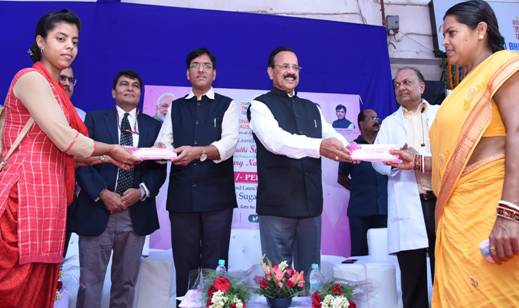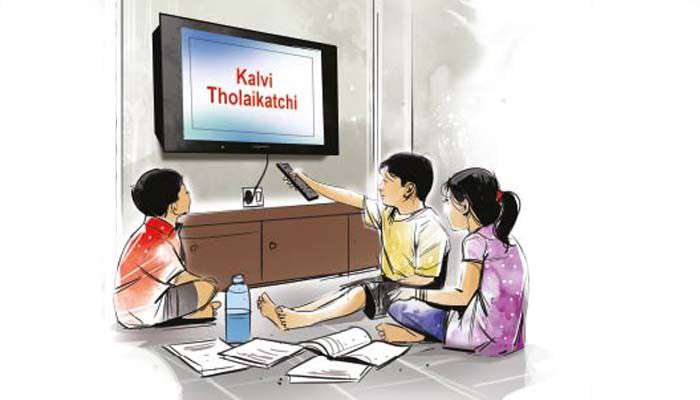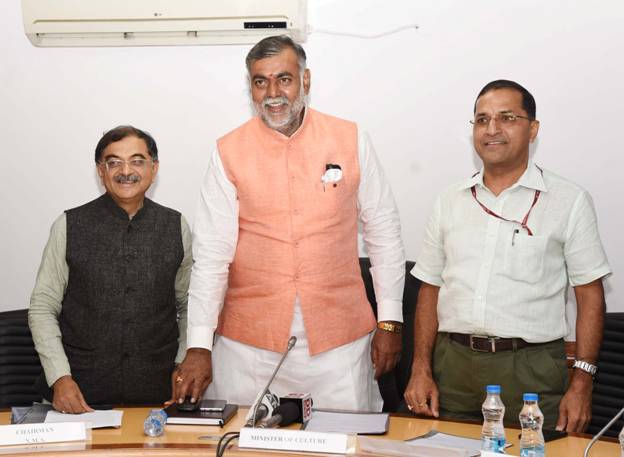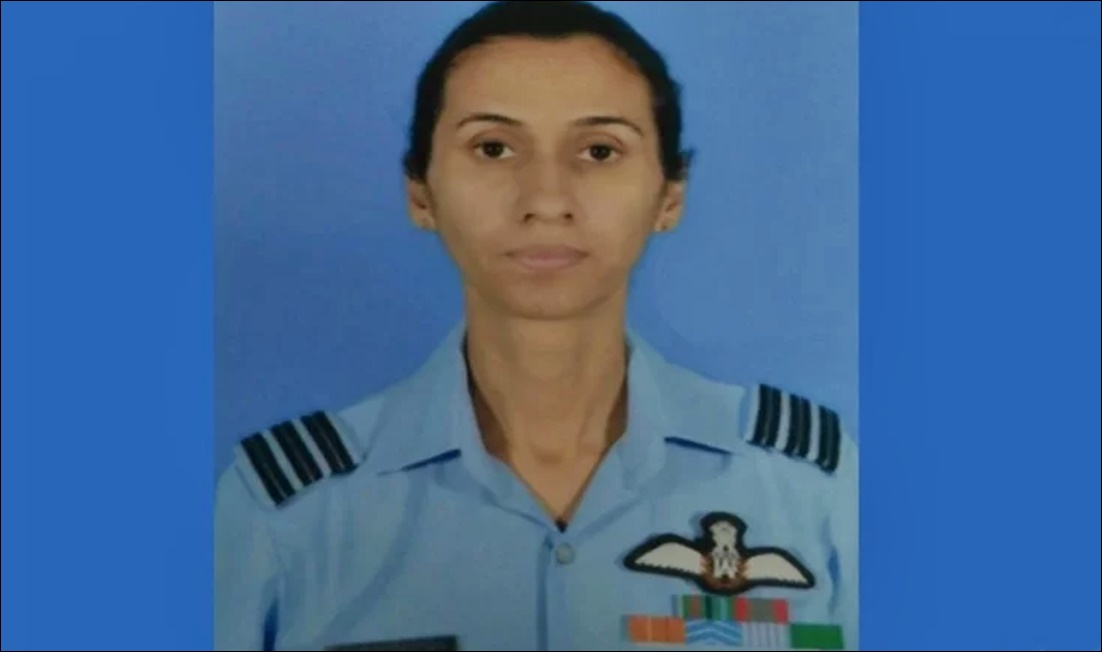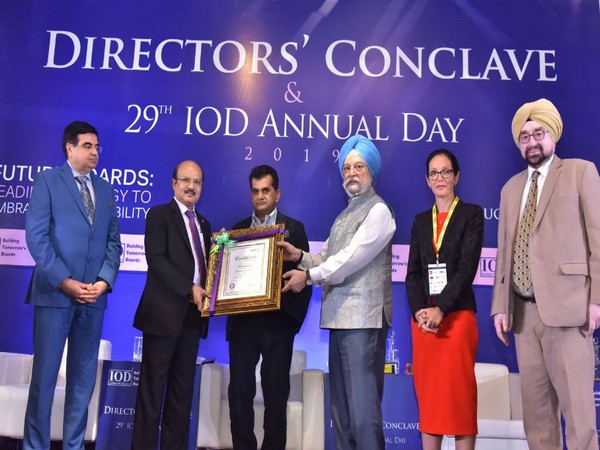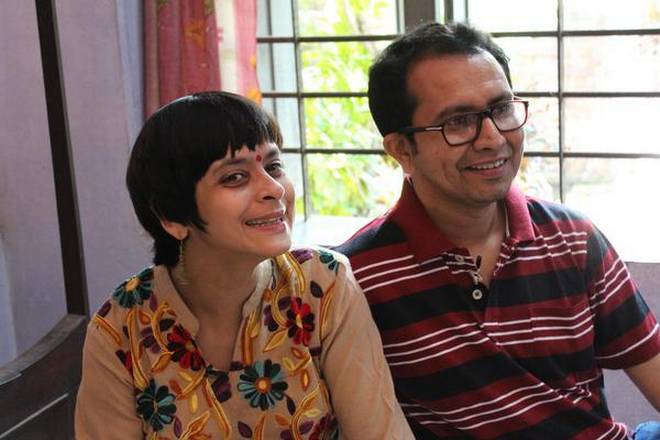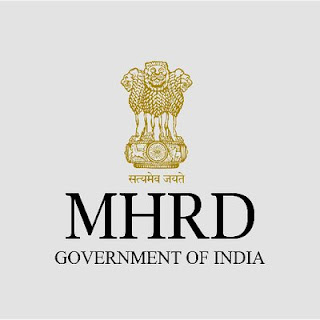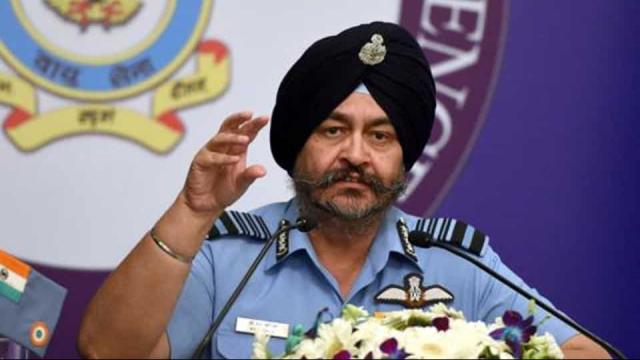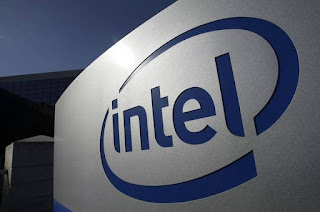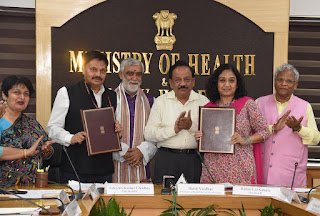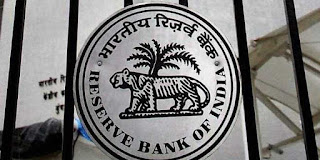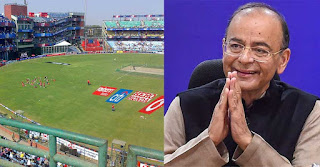VisionIAS
15:15

📰 Age of third-degree torture is over, Amit Shah tells police
Home Minister stresses on need for a robust forensic set-up that will make it impossible for criminals to escape the clutches of law.
•The age of third-degree torture was over and the police should stay a step ahead of crime and “criminal-minded people” through better investigation and forensic evidence, Union Home Minister Amit Shah said on Wednesday
•He was speaking at the 50th foundation day of the Bureau of Police Research and Development (BPRD), a think-tank under the Ministry of Home Affairs.
•Mr. Shah said old police concepts should be revived for investigation and mere “reliance on phone tapping” was not going to yield results. He stressed on need for a robust forensic set-up that would make it impossible for criminals to escape the clutches of law.
•“Modernisation plan for police forces should be made for at least 10 years... This is not an age of third- degree [torture], police should stay ahead of crime and criminal-minded people,” Mr. Shah said. “It should use forensic science to get irrefutable evidence against the suspect that would lead to conviction in court,” he said.
•The BPRD should work on a proposal to amend various sections of the Indian Penal Code and the Code of Criminal Procedure (CrPC) after seeking suggestions from the people. “If a Class XII student wants to join police force, he should be properly guided and arrangements should be made. The BPRD has submitted a proposal for this and it will be placed before the Union Cabinet soon,” he said.
•Mr. Shah said that in the British era, the police were raised to protect their interests, but now the duty of the police was “protection of the people.” Since Independence, more than 34,000 policemen had lost their lives in the line of duty.



